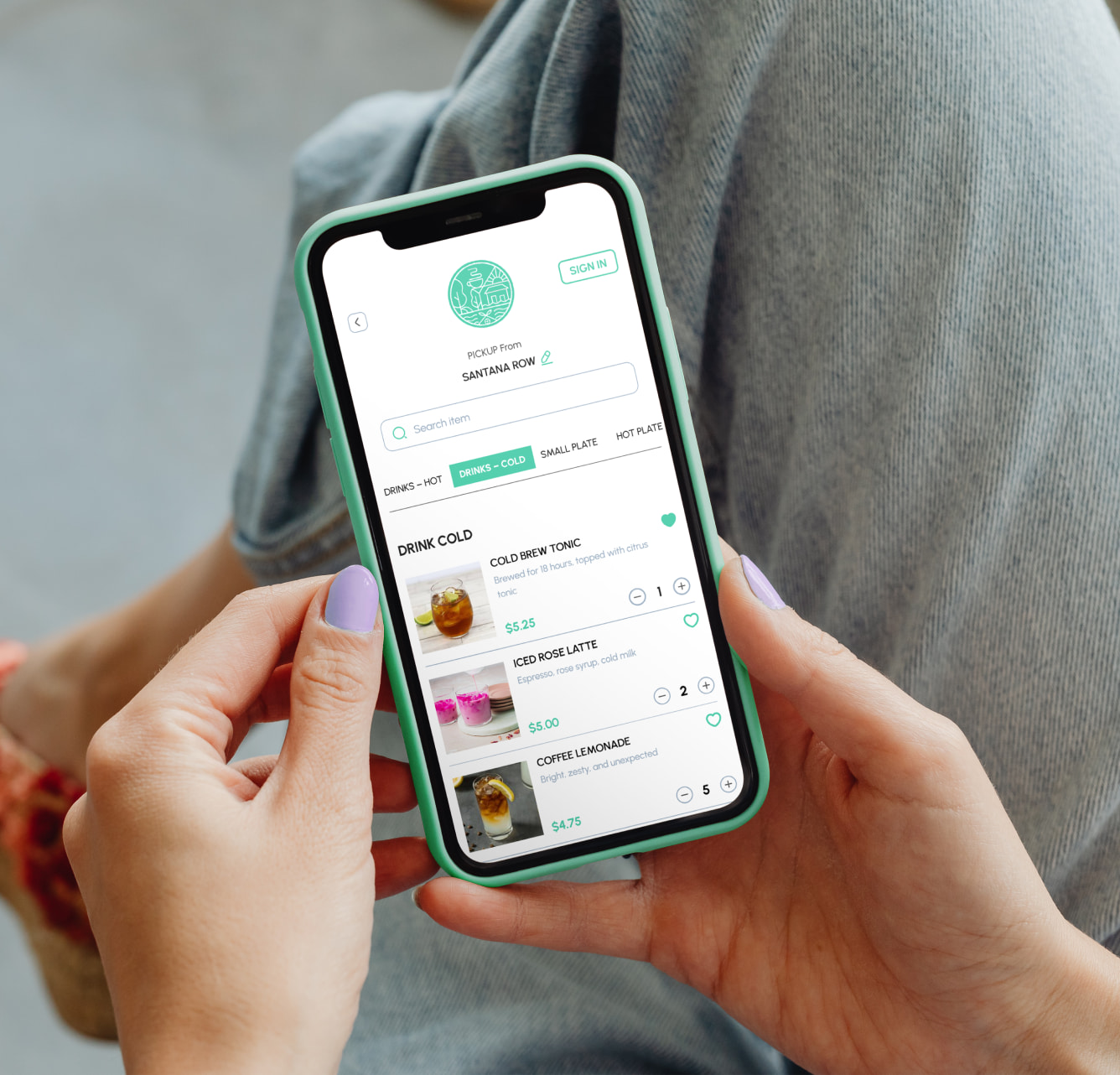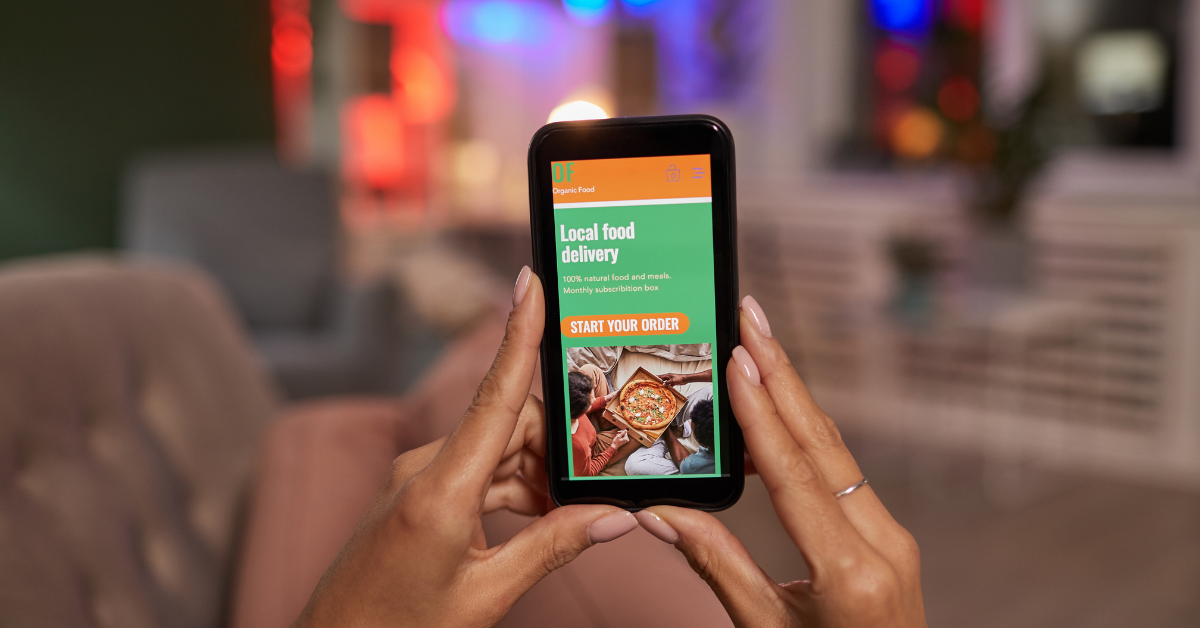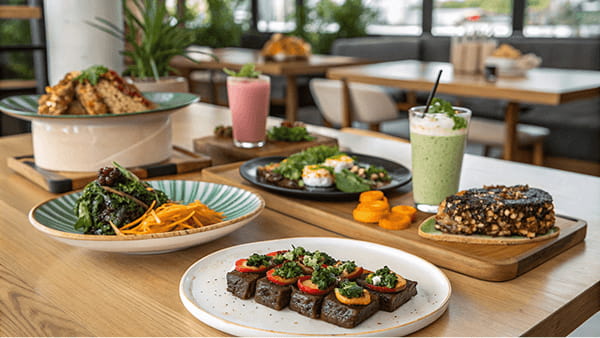Key Takeaways
It's no secret that online food delivery websites and applications have become very popular in recent years. Online Food Delivery revenue is projected to grow at an annual growth rate (CAGR 2021-2025) of 9.89%, which will lead to a market size of US$441,622m by 2025. In the segment of online food delivery, there are expected to be 2,897.1m users by 2025.
Online food delivery has become a billion-dollar business since Pizza Hut launched its first online order in 1994. With a delivery-only approach, food entrepreneurs can reach more consumers without requiring large customer bases or a physical presence in highly trafficked areas. A virtual restaurant is essentially very convenient for operators who are seeking lowest barriers to entry in a very competitive industry.
Delivery Menu Considerations
For successful deliveries, you must choose the right menu items for your take-out menu, whether you use a third-party provider or your own delivery fleet. It is important to be aware that not all meals on your restaurant's menu are delivery-friendly. It is important that the meals you choose reflect the essence of your business, yet are still enjoyable in a home setting as well. Choosing a delivery menu will require you to ask yourself some questions:
- How well does the meal travel?
- Will the meal become mushy or watered down after a while?
- Will the meal be presentable upon delivery?
- Do you have the right packaging materials?
- Can the dish's profit margin cover the delivery costs?
- Is the prep time going to increase the total delivery time?
- Is your staff capable of handling an influx of deliveries?
Would it be a good idea to have a separate delivery-only menu?
It is, therefore, imperative for restaurant owners to increase their food delivery game. The best way to achieve this would be by curating a separate menu for delivery only restaurants. A separate menu for delivery only restaurants offers several benefits.
There should be a separate menu that consists of all food items that can be easily delivered and that are priced competitively. It can be challenging to deliver hot sizzlers since they have to be consumed within a specific time frame or they'll go cold and don't taste good. Considering offering a delivery-only menu is something every restaurant owner should think about.
- For instance, Kylin Premium, a fine dining restaurant, created a separate menu as well as a delivery service, called Go Kylin, to cater to the needs of people looking for good quality food at affordable prices. Kylin can thus cater to a larger segment of their customer base through this delivery-only service. The Go Kylin menu spans two pages and includes everything from fish to meal boxes. Although, unlike Kylin Premium, which has an eleven-page menu, it does not offer Sushi or exotic Japanese dishes like Teppanyaki since they are difficult to pack and deliver. Go Kylin's food is based on easy-to-prepare dishes that can be delivered without getting spoilt. The restaurant's pricing is also lower compared to its mother fine dining branch.
- Another chain of restaurants got creative when confronted with the chicken wing shortage and higher prices: Wingstop. With its new virtual brand Thighstop, the company's focus shifted from chicken wings to thighs. In late July, CEO Charles Morrison announced that Thighstop's menu would be integrated into Wingstop's. The original purpose of Thighstop as a virtual brand was to introduce consumers to more than just chicken wings.
- Earlier this year, Denny's introduced two virtual brands, the Melt Down and Burger Den. Burger Den specializes in classic Denny's classics and new signature items, while the Melt Down makes handcrafted sandwiches that use more than 70% of Denny's pantry items. Approximately 1,100 Burger Den restaurants fill orders nationwide, while the Melt Down is available at approximately 700 locations, with more being added gradually.
You could revise the rates and offer the same food at slightly lower prices if you come up with a delivery-only restaurant menu, regardless of what type of restaurant you own. Since everyone enjoys eating high quality food at low prices, this is an excellent marketing strategy for your company.
How To Create A Delivery-Only Restaurant Menu?
When creating a delivery-only restaurant menu, you need to take into account the following crucial aspects:
Determining What To Serve
Designing a delivery-only restaurant menu is another very important step. Restaurant menu items cannot be added or removed at random. It is imperative that you only include items that can easily be packaged and delivered.
Furthermore, you need to remove dishes that take a long time to prepare, as preparing them would consume a lot of time and delay delivery, which many people would not appreciate and might not choose to order from your restaurant again in the future. To prevent trouble in the long run, do not add such dishes to the menu in the first place.
Correct pricing of menu items
Pricing the menu correctly is crucial to preventing any loss. You should consider packaging costs, food costs, and other expenses when pricing your delivery menu. Your food delivery sales will increase if you offer your customers accurate and competitive prices along with great food. By establishing an accurate restaurant menu price, you will gain more profit and build a loyal customer base.
When deciding the menu price, factor in other expenses such as food costs, packing charges, staff salaries, and transportation costs.
Conclusion
There are many advantages to having an exclusive delivery menu! Your delivery menu should be able to convey the essence of your restaurant to people who can't physically visit your restaurant. It's becoming increasingly popular in the food and beverage industry to develop an exclusive delivery-only menu, and several restaurant owners are joining the trend. This trend is here to stay, grow and slay!
Frequently Asked Questions


.gif)



%2520(10).png)


.png)

